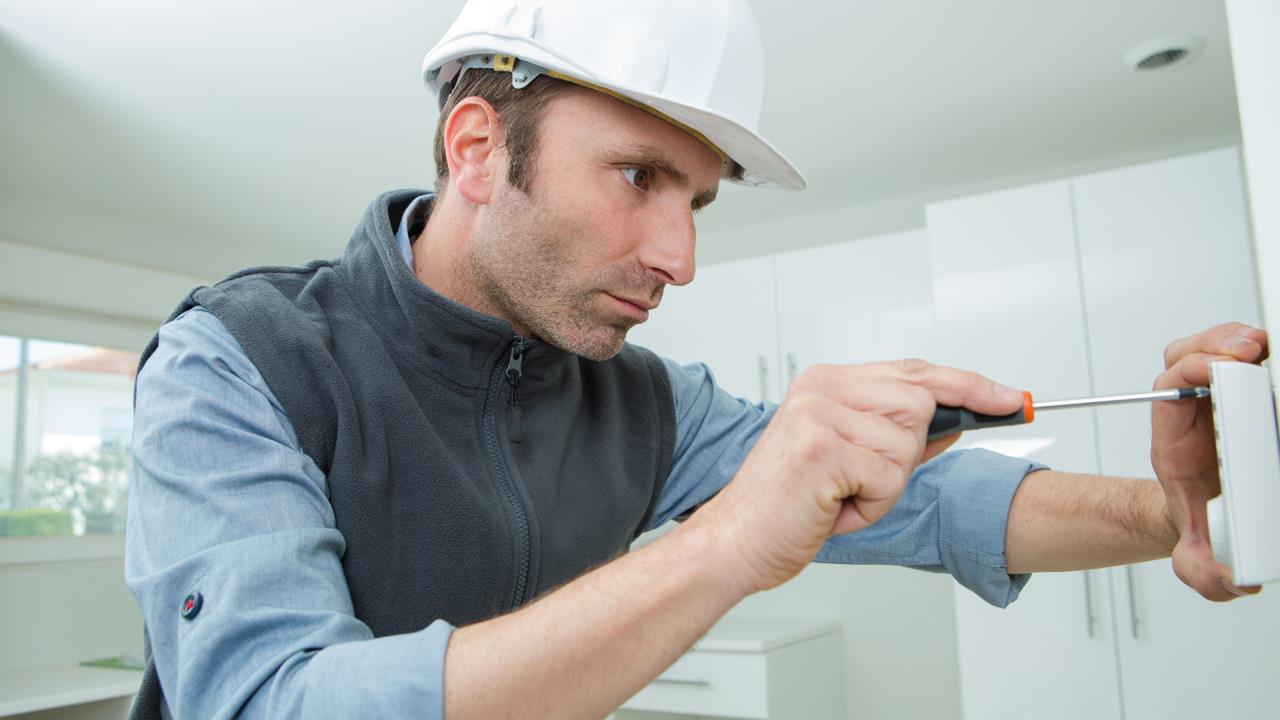


Resideo believes that, as a key component of the heating system, thermostats should always be installed by a qualified heating engineer. Sales Director Martin Wilson explains.
Research from YouGov last year reported that connected thermostats are the most popular type of smart home device after smart speakers and, according to a survey from Smart Home Week, 43% of consumers want a thermostat that can be controlled via a smartphone.
This is excellent news for heating engineers, as it signals that homeowners are more likely to splash out for the additional benefits of a connected control, therefore creating higher value installation work.
Installers play an instrumental role in product selection and, without this expert input, homeowners risk wasting their money on a product that doesn’t meet their needs or isn’t compatible with their system.
For example, wireless thermostats are an increasingly popular choice due to their flexibility and convenience, but they must be installed carefully to provide maximum benefit.
A room thermostat can be mounted on a wall or table stand, but the preferred height from the floor is at least 1.2m and it should not be mounted on a metal wall box.
Ideally, there should also be a 30cm distance from any metal objects and at least 1m from any other piece of electrical equipment. This is elementary stuff for a seasoned installer, but a homeowner is unlikely to possess this knowledge.
The process of wiring in a thermostat is also risky if done incorrectly and can cause damage to décor, electrocution, and fires, so the thought of an unqualified person attempting it themselves is troubling.
This current state of play is a real cause for concern, and it begs the question: how far will DIY culture escalate? It’s illegal for anybody except a Gas Safe-registered installer to work on a boiler, but violations of the law are all too common as it is difficult to enforce what goes in the privacy of people’s homes.
The perils of illegal gas work are also grave. Statistics from the Gas Safe Register show that around one-fifth of all illegal gas work investigated by the organisation is found to be immediately dangerous, and therefore poses a serious risk to the health and safety of homeowners and the public.
Shoddy gas work not only endangers lives, but also is more expensive in the long run. The cost of paying for a professional to rectify the damage will likely outweigh the price of getting the job done properly in the first place. But, of course, there is no greater penalty than serious illness or loss of life.
We are proud to support professional installers as the long-term benefits of a proper installation far outweigh any cost involved.
If you'd like to keep up-to-date with the latest developments in the heating and plumbing industry, why not subscribe to our weekly newsletters? Just click the button below and you can ensure all the latest industry news and new product information lands in your inbox every week.